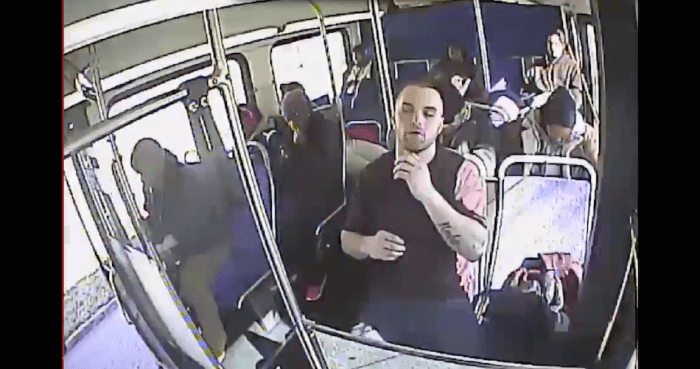By Nate Raymond
A federal jury on Tuesday found that pharmacy chain operators CVS Health Corp., Walgreens Boots Alliance Inc. and Walmart Inc. helped fuel an opioid epidemic in two Ohio counties, in the first trial the companies have faced over the U.S. drug crisis.
Jurors in Cleveland federal court after six days of deliberations concluded that actions by the pharmacy chains helped create a public nuisance that resulted in an oversupply of addictive pain pills and the diversion of those opioids to the black market.
The verdict, which lawyers for the counties confirmed, has the potential to give state and local governments new leverage in their efforts to negotiate settlements that would resolve the thousands of other cases against the pharmacy operators.
“The judgment today against Walmart, Walgreens and CVS represents the overdue reckoning for their complicity in creating a public nuisance,” the plaintiffs’ lawyers said in a joint statement.
Jurors only assessed liability. It is up to U.S. District Judge Dan Polster to decide how much the companies owe to abate, or address, the public nuisance in Ohio’s Lake and Trumbull counties.
He has tentatively scheduled a trial on that question for May 9. The counties’ lawyers have said the costs are potentially $1 billion for each county.
CVS in a statement said it strongly disagreed with the verdict and planed to appeal, arguing that the court misapplied public nuisance law, which other courts in similar opioid cases have recently declined to apply to drug manufacturers.
“As plaintiffs’ own experts testified, many factors have contributed to the opioid abuse issue, and solving this problem will require involvement from all stakeholders in our healthcare system and all members of our community,” CVS said.
Representatives for Walgreens and Walmart did not immediately respond to requests for comment.
The trial was the first that any pharmacies had faced over an epidemic that U.S. health officials say had by 2019 resulted in nearly 500,000 opioid overdose deaths over the course of two decades.
Over 100,000 people died from drug overdoses during the 12-month period ending April 2021, the U.S. Centers for Disease Control and Prevention said in a report last week, a record driven in large part by deaths from opioids like fentanyl.
At trial, lawyers for Lake and Trumbull counties argued that the pharmacies failed to ensure opioid prescriptions were valid and allowed excessive quantities of addictive pain pills to flood their communities.
The pharmacy operators, among the largest in the United States, denied the allegations. They said they took steps to guard against the diversion of pills and blamed others, including doctors, regulators and drug traffickers, for the epidemic.
The verdict in the Ohio trial followed recent setbacks for plaintiffs pursuing some of the other 3,300 opioid cases filed against drug manufacturers, distributors and pharmacies nationally.
Oklahoma’s top court on Nov. 9 overturned a $465 million judgment against drugmaker Johnson & Johnson, and a California judge this month ruled in favor of four drugmakers in a case brought by several large counties.
Other trials are underway in New York involving drugmakers Teva Pharmaceutical Industries Ltd. and AbbVie Inc., and in Washington state with the three largest U.S. drug distributors.






























